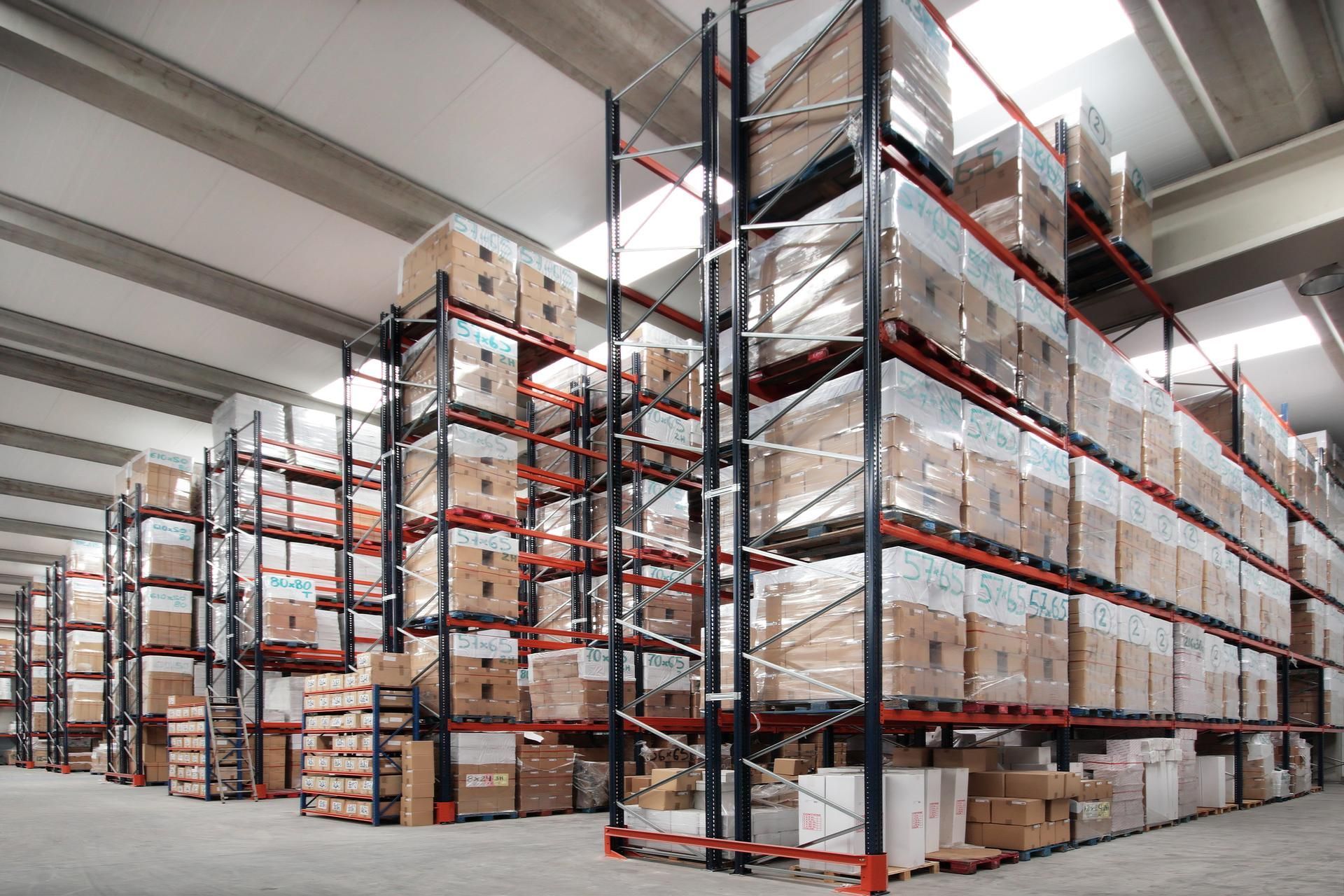Unveiling the Hidden Advantages of E-commerce Warehousing
The role of e-commerce warehousing has evolved beyond the simple storage of goods. E-commerce businesses are now recognizing the strategic importance of efficient warehousing in optimizing their operations and enhancing the overall customer experience. From streamlined inventory management to expedited order fulfillment, the advantages of e-commerce warehousing are vast for business owners who own websites.
Maximizing Inventory Accuracy
Accurate real-time tracking of stock levels ensures that customers are presented with up-to-date product availability information. This not only reduces the risk of overselling or stockouts but also enhances customer satisfaction by providing reliable delivery estimates. With advanced warehouse management systems (WMS) and barcode technology, e-commerce businesses can maintain a precise record of their inventory, reducing errors and improving the overall efficiency of order processing.
Streamlining Order Fulfillment Processes
By strategically organizing products within the warehouse and employing automation technologies, businesses can achieve faster order picking and packing. This results in a quicker turnaround time from order placement to delivery, meeting the growing demand for prompt services in the e-commerce industry. Customers will benefit from reduced waiting times and an overall improved shopping experience.
Optimizing Space for Cost Reduction
Warehousing offers a hidden advantage in cost reduction by providing the flexibility to optimize space and scale operations as needed. A smart warehouse design and layout, coupled with the utilization of space-saving storage solutions, enables businesses to minimize unnecessary overhead costs. For example, business owners can adapt to the changing demand in inventory during seasonal promotions without a significant upfront investment in the infrastructure.
Using Automated Systems for Order Accuracy
Automated picking and packing processes, guided by advanced technologies such as robotics and artificial intelligence, reduce the likelihood of human errors. This not only improves the accuracy of order fulfillment but also minimizes the occurrence of shipping mistakes. As a result, e-commerce business owners can build a reputation for reliability and precision, fostering customer trust.
Taking Advantage of Real-Time Visibility
Business owners who opt for e-commerce warehousing gain instant insights into inventory levels, order status, and overall warehouse performance. This real-time visibility enables informed decision-making, allowing business owners to identify bottlenecks, optimize workflow, and implement data-driven strategies for continuous improvement. By leveraging actionable insights, e-commerce companies can stay agile in a competitive market and respond promptly to changes in customer preferences.
Implementing Eco-Friendly Operations
Sustainability has become a significant concern for businesses across various industries, and e-commerce warehousing is no exception. From energy-efficient lighting systems to eco-friendly packaging materials, warehousing offers opportunities for reducing the environmental impact of e-commerce activities. Embracing sustainability not only aligns businesses with societal expectations but also attracts environmentally conscious consumers, contributing to long-term brand loyalty.
Strengthening Vendor Relationships
Collaborative warehousing is a hidden gem that strengthens relationships between e-commerce business owners and their vendors. By sharing warehouse space and resources with multiple vendors, business owners can benefit from cost-sharing and economies of scale. This collaborative approach fosters a sense of community among vendors, encouraging knowledge exchange and collaboration. In turn, e-commerce business owners can negotiate better terms with suppliers, optimize shipping costs, and build a network that supports mutual growth.
Using Analytics for Inventory Management
By analyzing historical sales data, seasonal trends, and customer behavior, e-commerce business owners can forecast demand more accurately. This proactive approach to inventory management reduces the risk of overstocking or understocking, optimizing the use of warehouse space and ensuring that products are readily available to meet customer demand.
By investing in e-commerce warehousing for your business, you will improve the overall operations. You will also find that there is less of a burden placed on you, which will allow you to focus on marketing and other aspects of your business. Contact us for more details about e-commerce warehousing and what we can do to help your business succeed.
CONTACT INFORMATION
BUSINESS HOURS
- Mon - Fri
- -
- Sat - Sun
- Closed
PAYMENT METHODS





OUR WAREHOUSE
Phone: (314) 783-7335
Email: mike@thunderstonelogistics.com
Locations:
1555 Tradeport Dr, Suite 400
Hazelwood, MIssouri 63042
CONTACT INFORMATION
Phone: (417) 354-8630
Locations:
16287 US Hwy 60
Verona, Missouri 65769
1555 Tradeport Dr, Suite 400
Hazelwood, MIssouri 63042
BUSINESS HOURS
- Mon - Fri
- -
- Sat - Sun
- Closed
PAYMENT METHODS





OUR LOCATION






